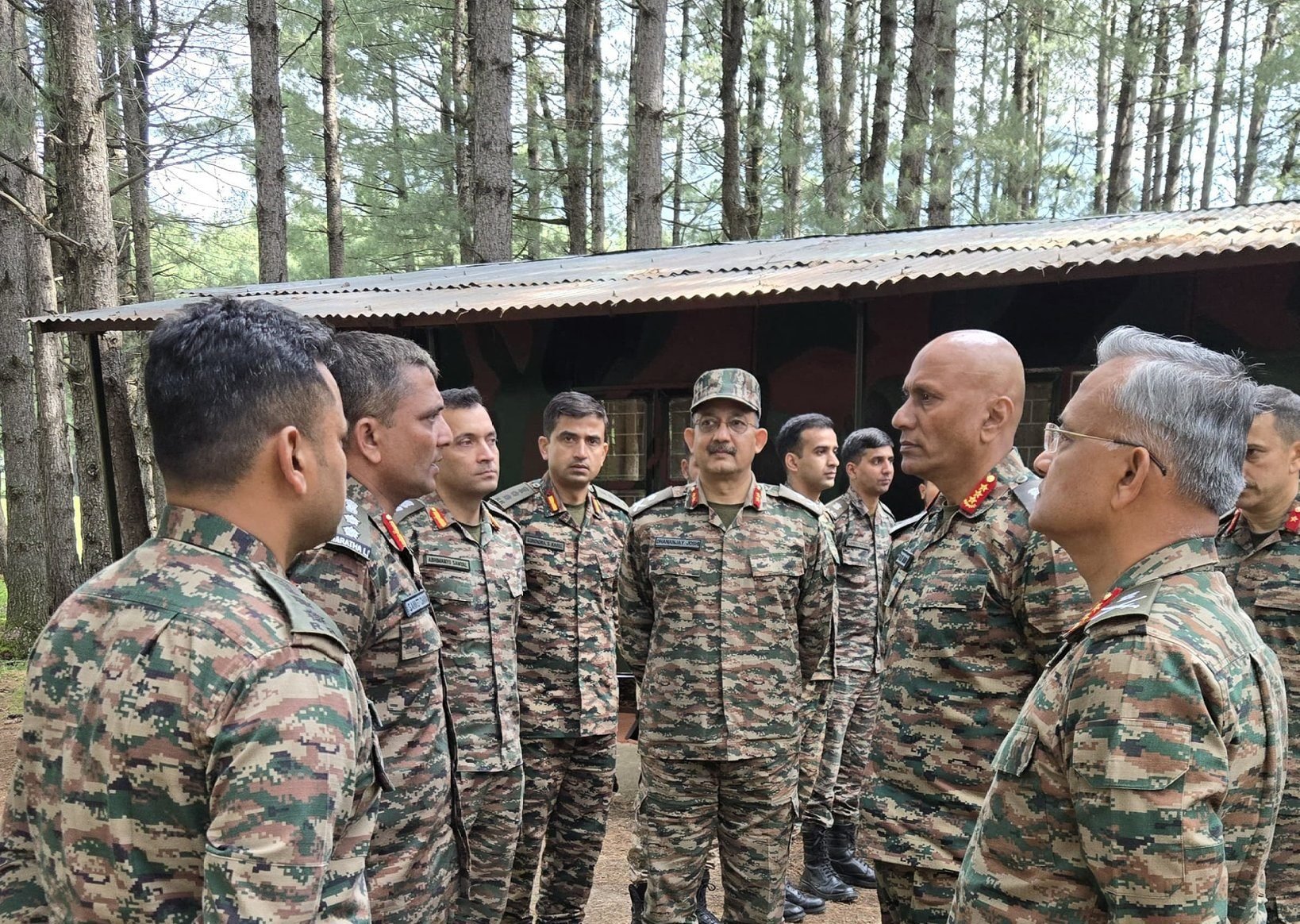Lieutenant General Pratik Sharma, General Officer Commanding-in-Chief of the Northern Command, visited the Chinar Corps headquarters in Srinagar today to review operational preparedness and evaluate the security arrangements ahead of the annual Amarnath Yatra, set to begin on July 3.
During the visit, Lt Gen Sharma was briefed on the current security dynamics in the Kashmir Valley and the operational posture of the XV Corps, also known as Chinar Corps, which is responsible for maintaining stability in this strategically sensitive region bordering Pakistan and China. The briefing emphasized counter-insurgency measures and inter-agency coordination, especially in light of recent security incidents in the Jammu region.
A central focus of the visit was the comprehensive review of security for the Amarnath Yatra, a high-profile Hindu pilgrimage that annually attracts over 300,000 devotees to the sacred Amarnath Cave Shrine. In previous years, the yatra has faced significant challenges—including a deadly terror attack in 2017 and a cloudburst in 2022 that claimed 15 lives—prompting heightened preparedness for 2025.
Lt Gen Sharma inspected security infrastructure along the pilgrimage routes, including electronic surveillance systems, access control mechanisms, avalanche rescue teams, and contingency plans involving medical evacuation and natural disaster response. Coordination with the Jammu and Kashmir Police, CRPF, and the Border Roads Organisation is central to the overall security and logistical strategy.
Commending the professionalism and resilience of Chinar Corps personnel, Lt Gen Sharma urged sustained vigilance to mitigate both terror threats and natural hazards. He noted the importance of ensuring a safe and seamless pilgrimage experience for civilians while maintaining operational effectiveness in the region.
The visit also reinforced the Army’s broader mission in Jammu and Kashmir, where militancy has significantly declined in recent years. Areas such as Doda and Tral were declared militancy-free in 2020, but sporadic threats from groups like Lashkar-e-Taiba and Hizbul Mujahideen persist. These groups have a history of violent attacks, including the 2002 Qasim Nagar massacre and the 2005 Srinagar bombing.
As the Indian Army continues its dual mandate of securing borders and maintaining internal peace, the Northern Command’s proactive engagement, exemplified by Lt Gen Sharma’s visit, reaffirms its commitment to safeguarding national interests and supporting civilian safety in the volatile Himalayan region.













